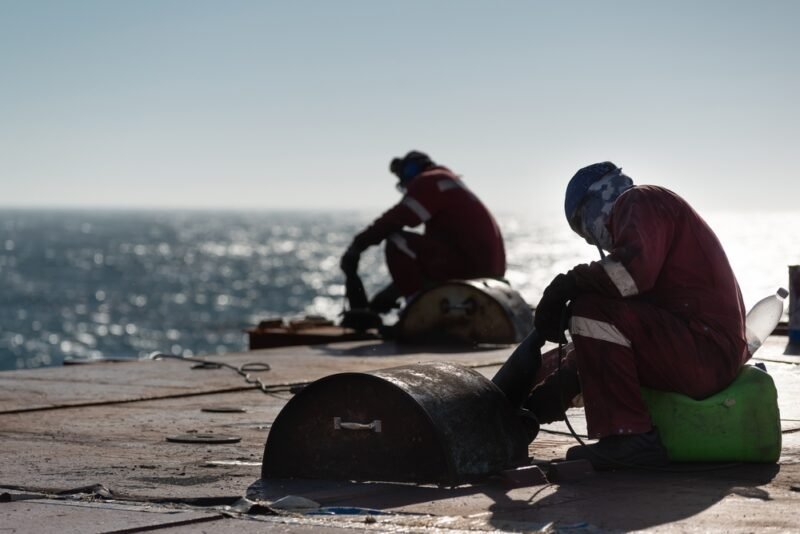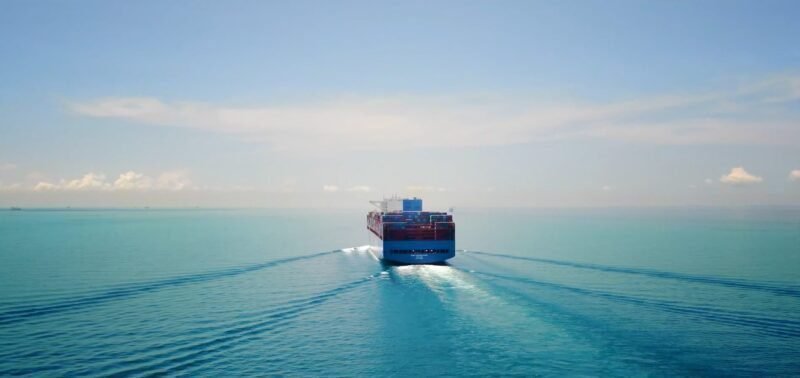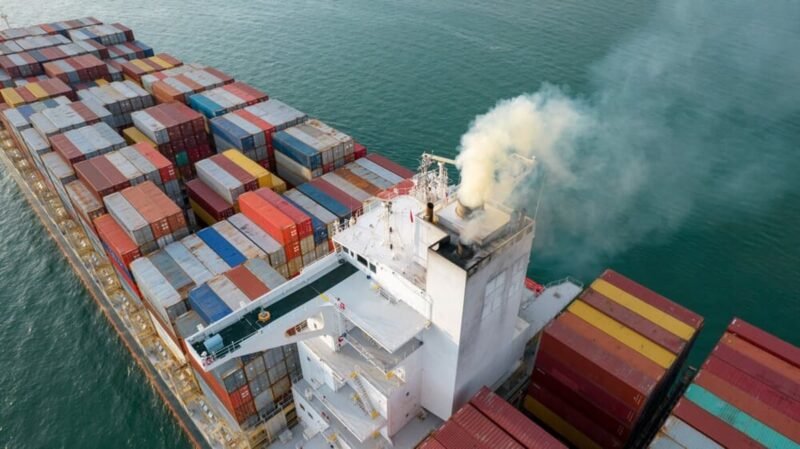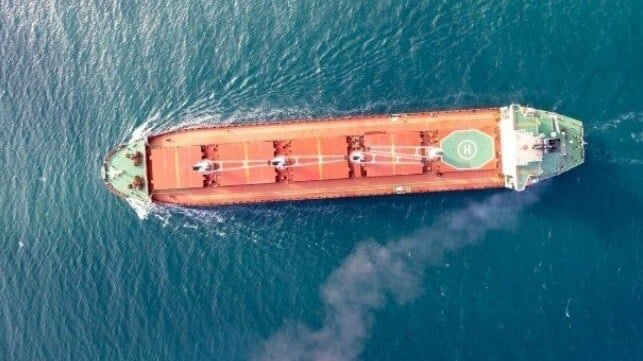The IMO Net-zero Framework, agreed upon at MEPC 83, is a groundbreaking initiative that combines mandatory emissions limits and GHG pricing for the entire shipping industry. This framework includes a new fuel standard for ships and a global pricing mechanism for emissions. These measures are set to be formally adopted in October 2025 and will become mandatory for large ocean-going ships over 5,000 gross tonnage, which account for 85% of total CO2 emissions from international shipping. Ships will be required to comply with a global fuel standard, reducing their annual greenhouse gas fuel intensity over time, and a global economic measure that involves acquiring remedial units to balance emissions deficits.
MEPC 83 saw significant discord, with the United States withdrawing from negotiations over concerns about the economic impacts and fairness of the proposed carbon levy. Additionally, a coalition of countries advocated for a credit trading system as an alternative to a flat carbon tax. Despite these challenges, industry leaders recognize the importance of the IMO framework as a starting point for further work and investment in clean fuels and decarbonization efforts.
Various organizations within the shipping industry have expressed their views on the IMO Net-zero Framework. The International Chamber of Shipping, World Shipping Council, European Shipowners, Danish Shipping, Global Maritime Forum, and T&E have all provided statements on the agreement. While there is recognition of the progress made, there are also concerns about the level of ambition and the design of the pricing system. Moving forward, there is a need for immediate and decisive investments in green fuel technology and infrastructure to meet decarbonization targets.














